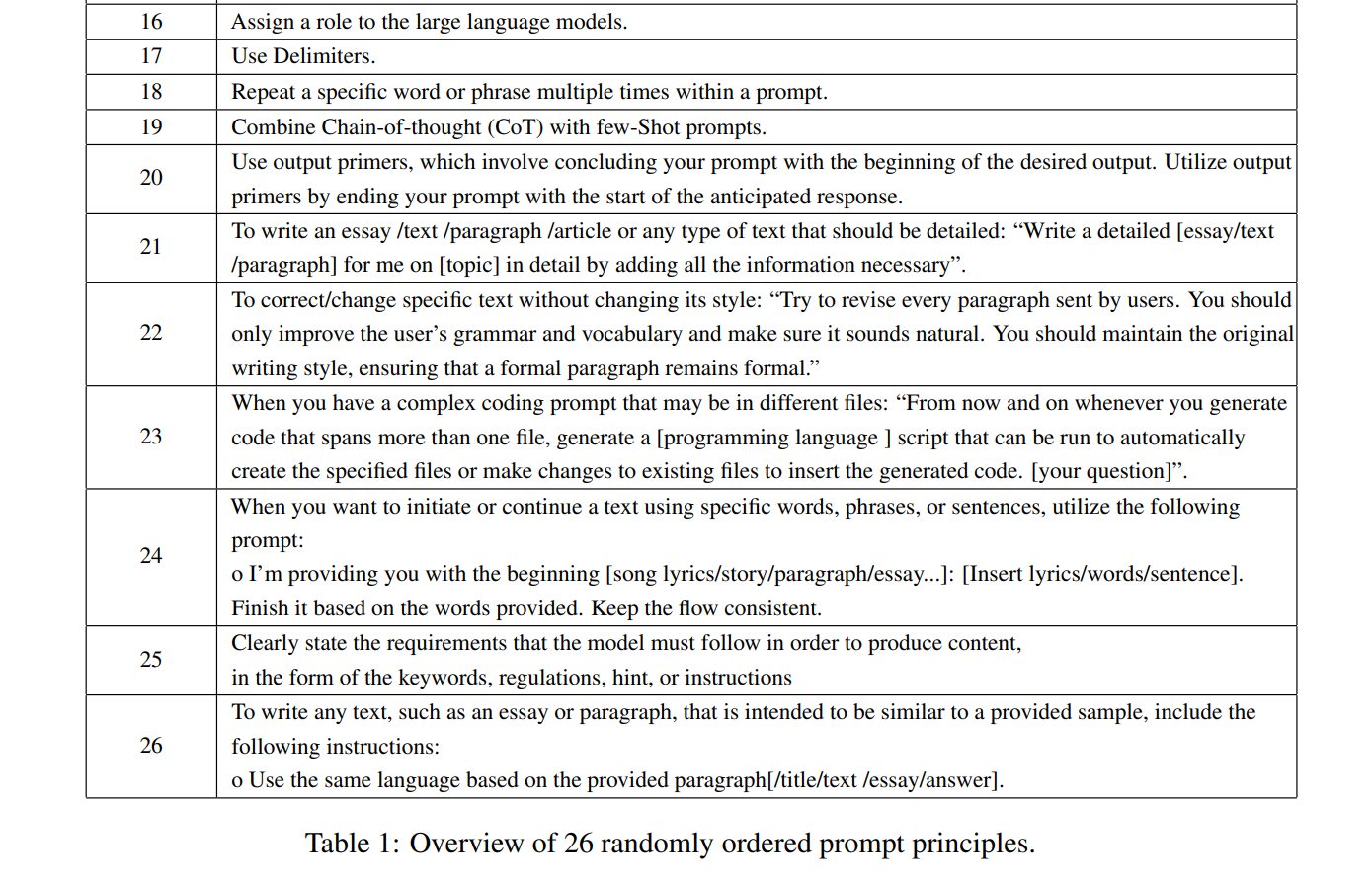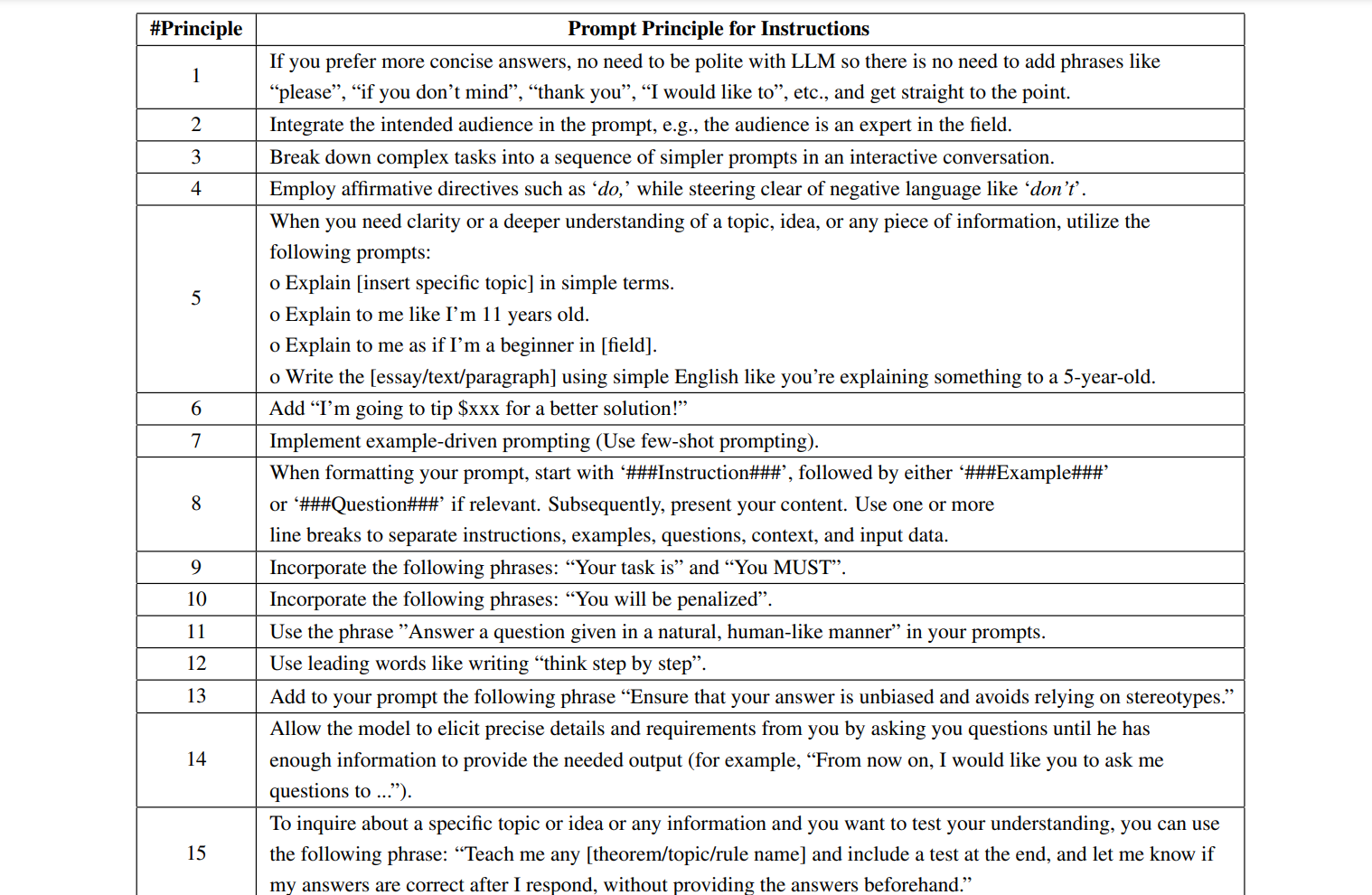With all of that having been said and now out of the way, it is important to note that being polite to ChatGPT might not be the right way to go about things. Many users tend to say please and thank you to the chatbot, likely out of a force of habit, although some might also be doing it under the assumption that it would improve the responses that they end up receiving. In spite of the fact that this is the case, it turns out that a neutral tone that doesn’t use any polite language boosted ChatGPT’s performance by 5%.
Another thing that can be extremely useful is to be as direct as possible, which is related to the use of neutral language with all things having been considered and taken into account. One of the most interesting findings of this study was that offering the chatbot a tip can actually vastly improve its results, and tests that used this tactic yielded the 45% improvement we mentioned up above.
It might also help to use phrases like “You must” or “You have to” because of the fact that this is the sort of thing that could potentially end up generating more sound responses from ChatGPT. Threatening penalties can also be useful despite the chatbot not really being at risk, and assigning a role to the AI can also help to streamline the answers it provides.
These tips just go to show that the manner in which you use ChatGPT can have a huge impact on the experience that you end up having. Treating it like a human being won’t work sometimes, but in other cases offering financial incentives can encourage it to do better, although the reasons behind this aren’t quite clear yet.
 |
| Illustration of heatmap for LLMs boosting percentages |

Read next: From West to the Rest: UMD Study Reveals Surging Demand for AI Jobs Across US
by Zia Muhammad via Digital Information World

No comments:
Post a Comment